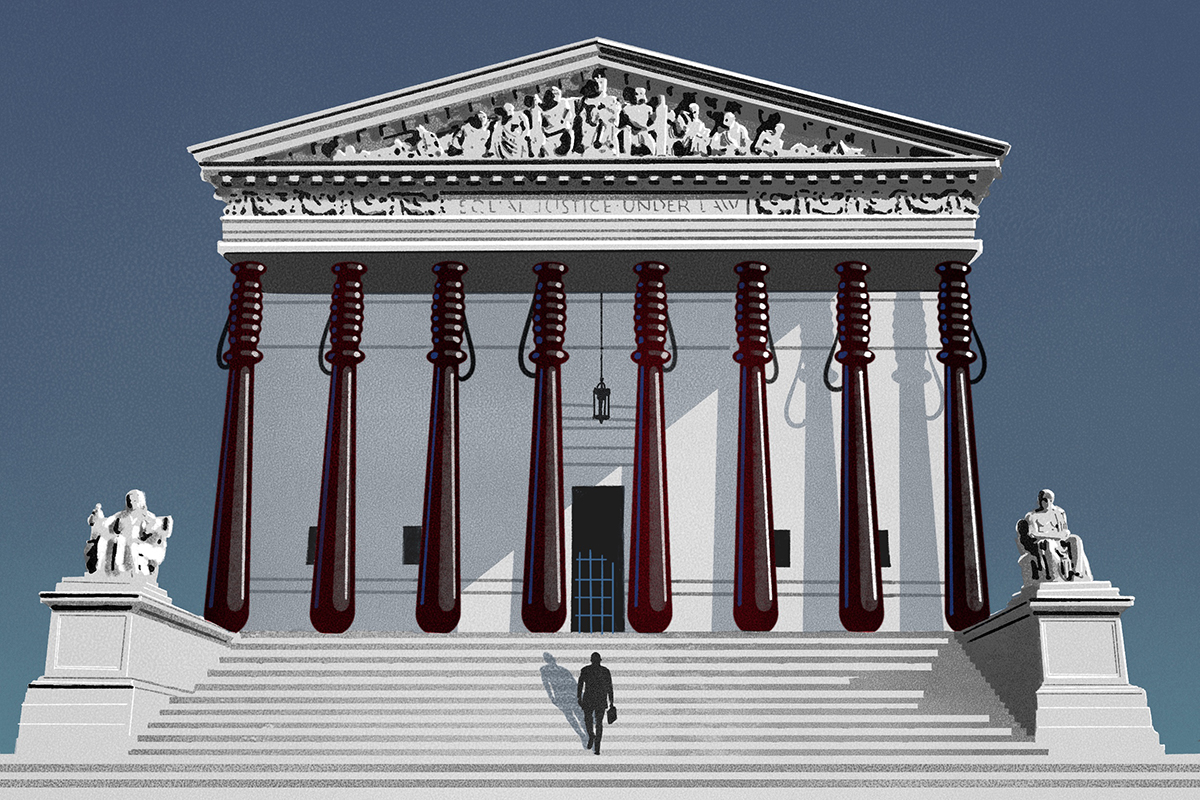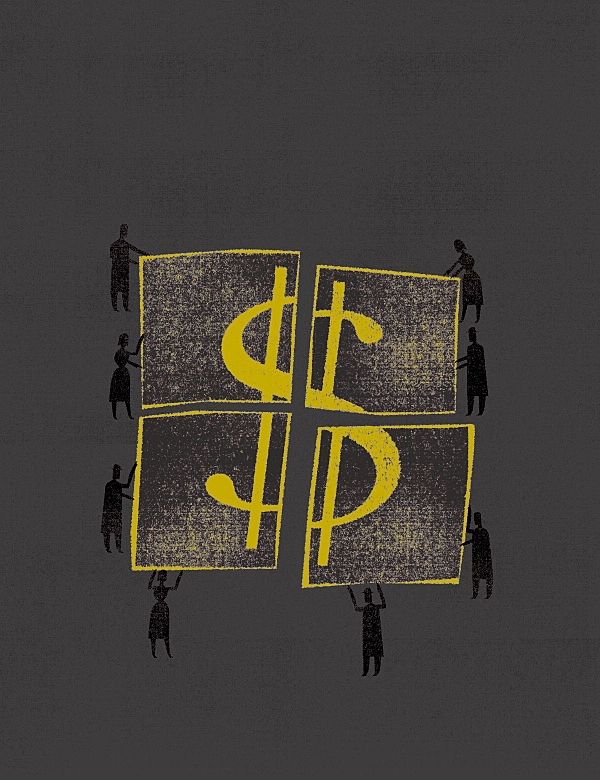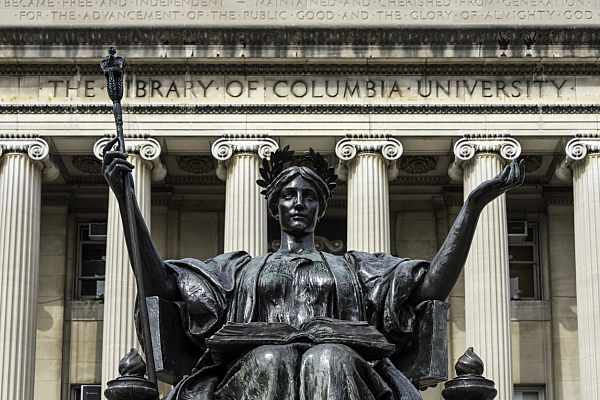
Federal Funding and the First Amendment
Since taking office for a second term, President Trump has issued a wave of executive orders attempting to place conditions on how recipients of federal funding can speak and associate. Contemporary First Amendment doctrine is confusing and even incoherent on the question of when the government may regulate speech by imposing conditions on federal funding. The Supreme Court has said that Congress has broad power to tax and spend for the general welfare, and that this power encompasses the authority to impose limits on the use of the funds to ensure that they are used for the purpose Congress intends. At the same time, the First Amendment precludes the government from denying a benefit on a basis that infringes the applicant’s freedom of speech, even if the applicant does not have an entitlement to that benefit.
This blog channel highlights the Institute’s ongoing research and education efforts related to federal funding and the First Amendment.
-
Deep Dive: Federal Funding and the First Amendment
A Brief Legal Analysis of the Department of Education’s Proposed Compact for Higher Education
The Department of Education’s proposed Compact for Higher Education is unconstitutional and should be unequivocally rejected by universities
By Amanda Shanor & Serena Mayeri -
Deep Dive: Federal Funding and the First Amendment
The Trump Spending Cuts, the Public/Private Distinction, and the Limits of the Modern First Amendment
What the Trump administration's actions have revealed about the limits of the First Amendment’s public/private distinction
By Genevieve Lakier -
Deep Dive: Federal Funding and the First Amendment
A Title VI Demand Letter That Still Violates Title VI (and the Constitution)
In response to Judge Vyskocil's opinion in AAUP v. U.S. Department of Justice
By Kate Andrias , Jessica Bulman-Pozen , Suzanne Goldberg , Jamal Greene , Olatunde C. Johnson , Jeremy Kessler , Gillian Metzger & David Pozen -
Deep Dive: Federal Funding and the First Amendment
Facts and Feelings: First Amendment Challenges to Mandated Ideological Compliance for Scientific Grants
The restrictions imposed on researchers by Trump's "gender ideology" executive order are fundamentally incompatible with the scientific process
By Kendra Albert -
Deep Dive: Federal Funding and the First Amendment
Congress Could Do Something About the Weaponization of Federal Funding to Silence Speech. For Now, It Probably Won’t.
What Congress can do to take back control of the funding process
By Kate Ruane -
Deep Dive: Federal Funding and the First Amendment
Federal Funding as a Jawbone
The First Amendment's prohibition on jawboning makes the government's attempts to suppress speech at universities like Harvard unconstitutional
By Evelyn Douek -
Deep Dive: Federal Funding and the First Amendment
The Strange Use of Students for Fair Admissions v. Harvard to Control Teaching and Learning
The Trump administration is distorting Students for Fair Admissions v. Harvard and Title VI of the Civil Rights Act to justify its assertion of control over universities
By Olatunde C. Johnson -
Deep Dive: Federal Funding and the First Amendment
Employing the Anti-Leveraging Test to Effectively Protect Grantee Speech
An interpretation of Agency for International Development
By Sam Bagenstos
Research

Essays and Scholarship
Participatory Journalism and Its Potential in AI-Assisted Local News
The adoption of AI in local journalism should go hand in hand with implementing more equitable, civically focused, participatory forms of journalism
Learn MoreResearch

Essay Series
Lawyering Without Law: The Legal Profession in an Age of Authoritarianism
A project studying the crucial role that lawyers can play in preserving democratic freedoms and institutions
Learn MoreResearch

Essays and Scholarship
Surveilling Border Lawyering
Lawyers who serve migrants at the U.S.-Mexico border face surveillance and attempts to suppress their work by U.S. and Mexican government officials
Learn MorePodcast

Podcast
"The Bully's Pulpit: Trump v. The First Amendment"
Learn More









